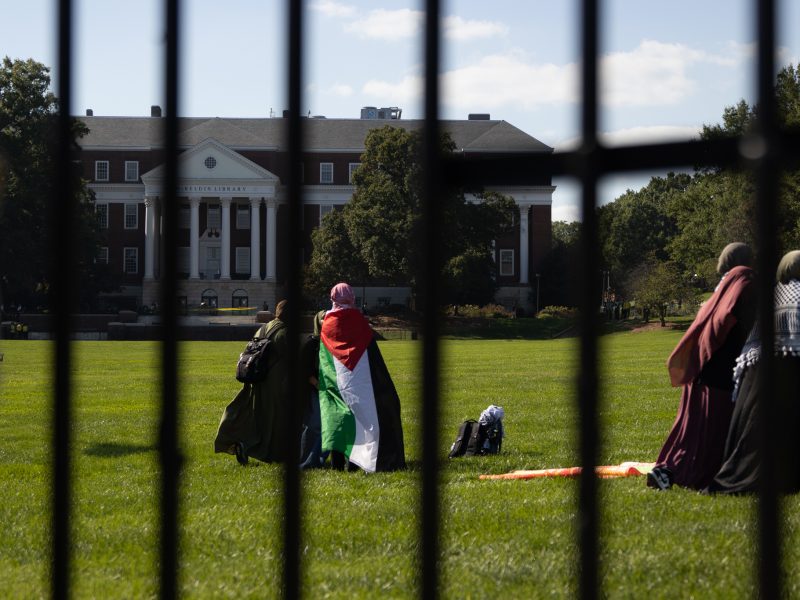During our first meeting of the semester, the Graduate Student Government debated and voted on a very important bill. The bill will slightly raise mandatory fees for graduate students, but for a very good reason.
Graduate Student Legal Aid, run by Carla Rappaport, who is an expert on local graduate student legal issues, has been dangerously underfunded. This year, the GSG gave GLA the largest funding increase ever (22 percent), but it was still nowhere near the amount needed to handle the caseload the office faces. As a result, the GSG could only afford to keep the GLA open two days a week and could not pay for the office’s lawyer to attend conferences on new immigration law, the Patriot Act, privacy and other post-Sept. 11 legal concerns, which have been, and will continue to be, of great help to international students.
The GSG receives $15 per year per graduate student through the graduate student activities fee. An ever-growing amount of that revenue — about half — goes to GLA. A portion of that money goes to event funding requests from graduate student groups such as the Applied Math & Scientific Computation Student Council or the Council on Family Relations at the University of Maryland. Some pays for Grad Pub every Friday.
Facing declining financial assistance from the graduate school, the growing needs of the GLA and the increasing popularity of other GSG services, the GSG has had to make some hard financial decisions. This year, the graduate school cut one of two assistantships for office staff. This resulted in the GSG funding a part-time chief of staff out of its own pocket and the lowest-paid GSG staff ever. Due to other cuts from the graduate school, I am also the lowest-paid GSG president in at least five years. GSG vice presidential stipends remain static and paltry at best. With careful budgeting and cutting costs, we’re keeping ourselves in the black. For instance, we found a way to revive Grad Pub at a fraction of the previous cost. We’ve instituted common sense financial measures such as rolling-over a small portion of our revenue from one year to another in case we’re faced with declining revenue or unexpected expenses. Some of us have even loaned or donated office equipment to save money.
GLA is arguably the most important service the GSG offers. Not all grad students use GLA, but anyone could suddenly need legal advice on any given day.
The bill in question called for the creation of a separate $13-per-year graduate legal aid fee that would take effect in two years’ time. Without this fee, the GSG will have to cut graduate student group event funding, the last of our office staff and other programs to keep GLA’s doors open. We hope $6.50 a semester is worth what amounts to legal insurance for every graduate student.
At the same time, the bill will lower the graduate student activities fee from $15 per year to $13 per year to soften the blow of the new GLA fee and to account for the fact that the GSG, via the graduate student activities fee, will no longer fund GLA. The new fee is far less than half the undergraduate student activities fee. Without the burden of the GLA, the GSG should be able to provide more funding for graduate student groups, general events (such as Grad Pub) and continuing student advocacy.
The bill sparked nearly an hour of debate in the assembly. Ultimately, it passed because the assembly understood if it didn’t raise more money for GLA, its lawyer would be down to one day a week in less than five years. If the GSG did not move to adjust its financial outlook, the future of the organization would come into question. Unlike other mandatory fees imposed on graduate students, the GSG lent its weight and support to this new fee structure.
I am confident we have saved the GSG and GLA for future graduate students, and I am proud to have signed the bill into effect.
E. L. Doc Hunter is the GSG president. He can be reached at gsg-president@gsg.umd.edu


